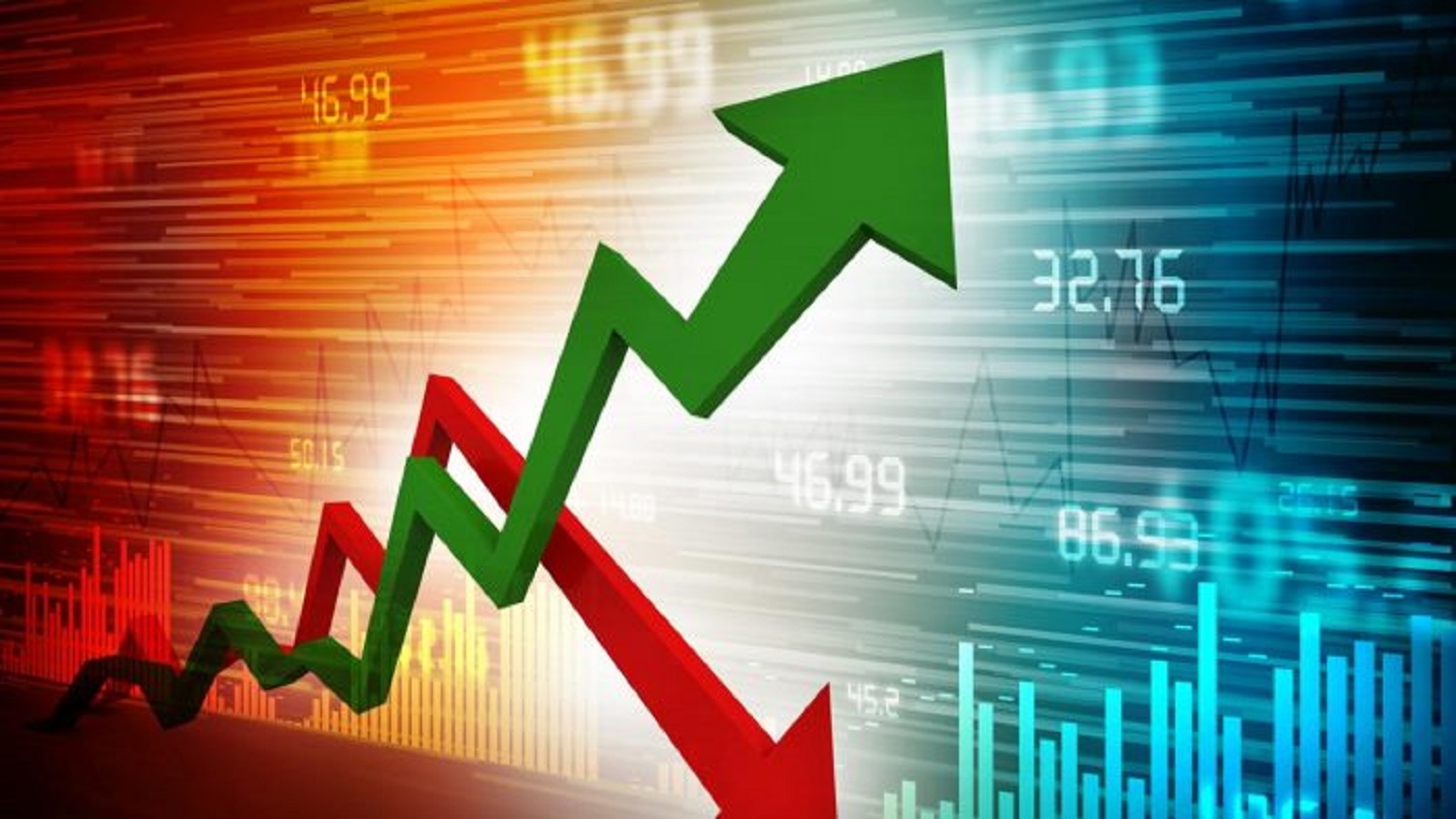The United Kingdom’s inflation rate dropped slightly to 10.7 per cent in November, down from the 41-year high of 11.1 per cent in October.

The data from the Office for National Statistics (ONS) reveals the annual rate has gone down from 11.1% in October.
Inflation is a measure of how the price of goods and services has changed over the past year.
Prices are still rising, but at a slower rate than last month when they were rising at their fastest in 41 years.
The slowdown is good news for stretched households, and some experts believe inflation has now peaked.
According to the Office for National Statistics (ONS), lower petrol prices helped to ease the rate of price increases in the country.
The agency said the largest upward contributions came from “housing and household services (principally from electricity, gas, and other fuels), and food and non-alcoholic beverages.”
It said the largest downward contributions over the month came from “transport, particularly motor fuels, with rising prices in restaurants, cafes and pubs making the largest, partially offsetting, upward contribution.”
Meanwhile, food and non-alcoholic beverage prices rose by 16.5 per cent in the 12 months to November, slightly up from 16.4 per cent in October.
The ONS chief economist, Grant Fitzner, said: “Although still at historically high levels, annual inflation eased slightly in November.”
“Prices are still rising, but by less than this time last year, with the most notable example of this being motor fuels.
“Tobacco and clothing prices also rose, but again by less than we saw this time last year.
“This was partially offset by prices in restaurants, cafes and pubs, which went up this year compared to falling a year ago.”
The inflation data came ahead of the monetary policy announcement of the Bank of England (BoE) on December 15.
Last month, the bank raised its interest rate to 3 per cent, the eighth consecutive rate increase in the year.
It also said the country was heading into a prolonged recession.
Comments are closed.